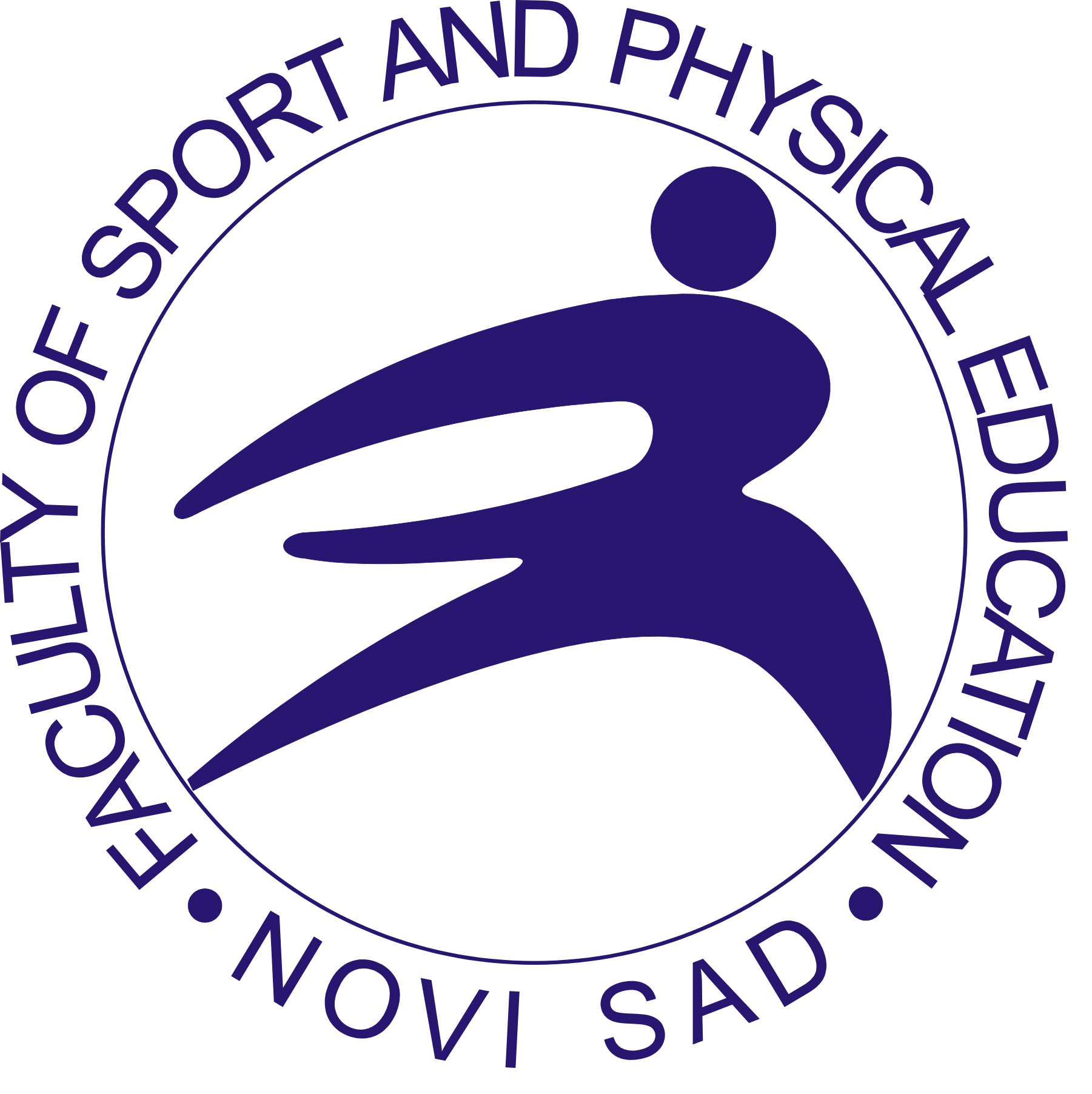Current issue

Volume 18, Issue 1, 2026
Online ISSN: 2406-1379
ISSN: 1821-3480
Volume 18 , Issue 1, (2026)
Published: 17.12.2025.
Open Access
Online First is a feature that enables the publication of final revised articles online before their inclusion in a printed issue. This accelerates the dissemination of research findings and ensures that your authors' work reaches the audience promptly.
Articles published through Online First are assigned a DOI upon their online posting. They should be cited as follows:
Author(s). Title of the article. Exercise and Quality of Life. Advance online publication. DOI:10.31382/xxxx
After assignment to a final issue, citations can include the volume and page numbers in addition to the DOI.
Once articles are allocated to a specific issue, their hosting transitions from the Online First page to the main journal archive. The DOI ensures persistent accessibility.
Citations to Online First articles are counted toward the journal's Impact Factor if other indexing criteria are met. This promotes earlier engagement with the published work.
Online First articles are considered final but not definitive until assigned to a specific issue. Errors identified in the online version can be corrected before the final issue publication.
All issues
Contents
14.06.2022.
Original scientific paper
Motor coordination and weight status in children according to area of residence
A good understanding of potential differences in motor coordination and weight status in children from rural and urban areas may advance targeted measures implemented by experts in the field of sports and physical education. This research study is focused on investigating differences in the total motor coordination score and weight status in 70 children aged (7 to 8) living in different residential areas within the territory of the city of Šabac, Republic of Serbia (35 urban and 35 rural areas). The Körperkoordinations Test für Kinder battery of tests was used for the assessment of the overall motor coordination. By application of t-test for independent samples, the obtained results indicate that there are statistically significant differences in the majority of the applied motor tests (walking backward, p=0.000; hop for height on one leg, p=0.033; side jumps, p=0.002), as well as in the total motor coordination scores (p=0.000) in favor of the children from rural environments. The weight status of children indicates no statistically significant differences between the two groups (p=0.376).
Živan Milošević, Filip Sadri, Ivo Sadri, Marijana Sinđić, Maja Batez
15.06.2021.
Original scientific paper
Relationship between cognitive abilities and manual coordination and balance in preschool children
Background: The purpose of this research was to investigate the relationship between cognitive abilities and manual coordination and balance in preschool children. Methods: The sample consisted of 41 preschool children aged 6.4±0.8 on average, of both sexes (30 boys and 11 girls). On top of their regular preschool activities, the children attended a school of sports for preschool children - multisport activities and exercises, twice a week. The sample of measuring instruments comprised 4 motor tests (One-leg stand test, Mann’s test, Finger to nose, Front raises) and 2 cognitive tests (Raven's Colored Progressive Matrices, Cognitive Assessment System). Data was analyzed by applying Linear and Binary logistic regression analysis. Results: Based on the results of the research, one may conclude that there is a statistically significant relation between cognitive abilities and manual coordination in the tested sample of preschool children. The defined predictor system, which consisted of cognitive tests, showed a significant relationship with the hand coordination test, which was assessed by the Finger to Nose test with the eyes closed. A significant contribution to the established relation was given by the G factor estimated by Raven's colored progressive matrices. Conclusions: Physical activities contribute to the development of motor skills and thus to the development of some cognitive abilities in children, which is of great importance for their further development.
Filip Sadri, Ivo Sadri, Željko Krneta, Jovana Trbojević Jocić, Maja Batez
01.12.2016.
Original scientific paper
Differences in motor abilities of boys and girls aged 7 in relation to the level of intellectual ability
Since previous studies suggest a relationship between motor and cognitive development in children, a research was conducted in order to examine the differences in motor skills of children with different levels of intellectual ability. In a sample of 88 respondents, boys and girls aged 7, an assessment of motor skills was performed by using the battery of seven motor tests and assessment of intellectual abilities by using the test of Raven's Coloured Progressive Matrices. Respondents were divided into three groups according to the results of the test. After analyzing the results of the research it was shown that there were no statistically significant differences in the area of motor abilities of children of different intellectual levels, but there were differences at the univariate level regarding the tests Hand Tapping and Seat-and-Reach.
Filip Sadri, Milica Bogdanovski, Ivo Sadri























